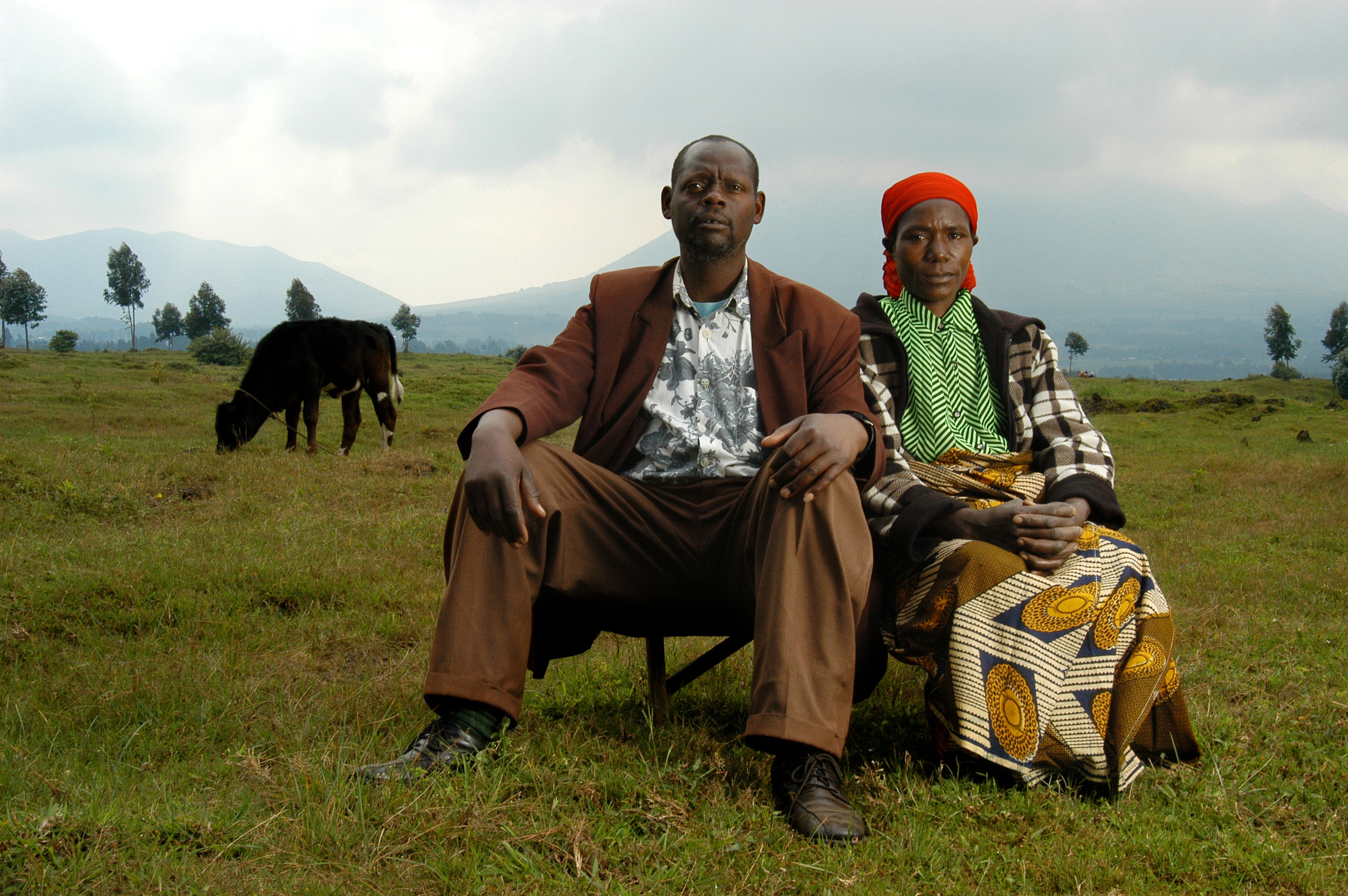Photo Credit: Sonia Folkmann
The Germans had posted announcements in town proclaiming a death sentence on anyone who would aid the Jews. Once, as I was walking along the street, I saw a young girl standing and asking for food, whereby a Polish woman approached her and gave her something to eat. But, at the same moment, I also saw a German coming and he had noticed this. He took out his pistol and shot both the child and the woman. I was horrified by that sight.
The one thing that I remember most is my meeting with Sarah [a Jewess] in that shed. When I entered to feed the chickens and saw her filthy all over with feces–she had escaped via the sewers–I was horrified. This has stuck in my mind the most: seeing her horrified, begging for help, for rescue, since she had escaped the Ghetto and how quickly I ran home to relay what was going on, to relay that Sarah is in the shed. Father knew Sarah prior to the war. He only knew her name–her surname–but he did not know her first name. But, that did not make any difference to him. He said, “Let her stay there until the evening. Bring her water. Let her wash up.” I helped her undress, I helped her wash up, and I took away all the dirty things. So, this is what I remember most clearly, this was something that has stuck in my mind.



